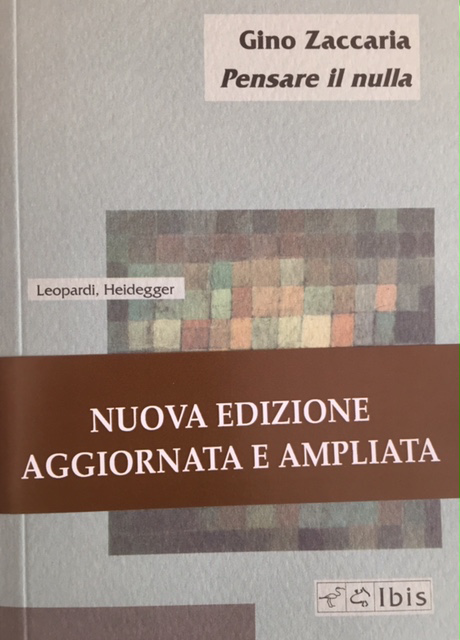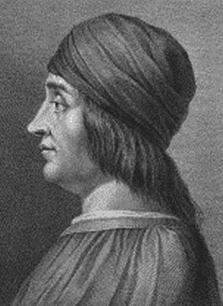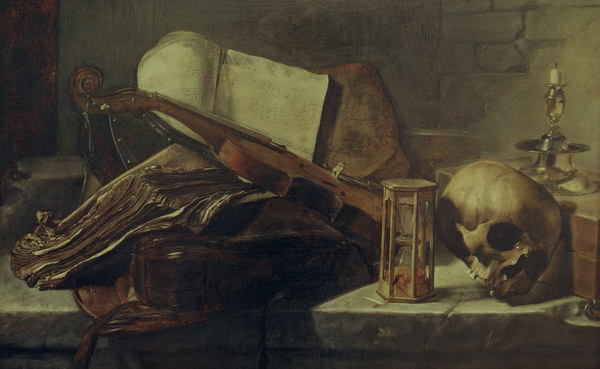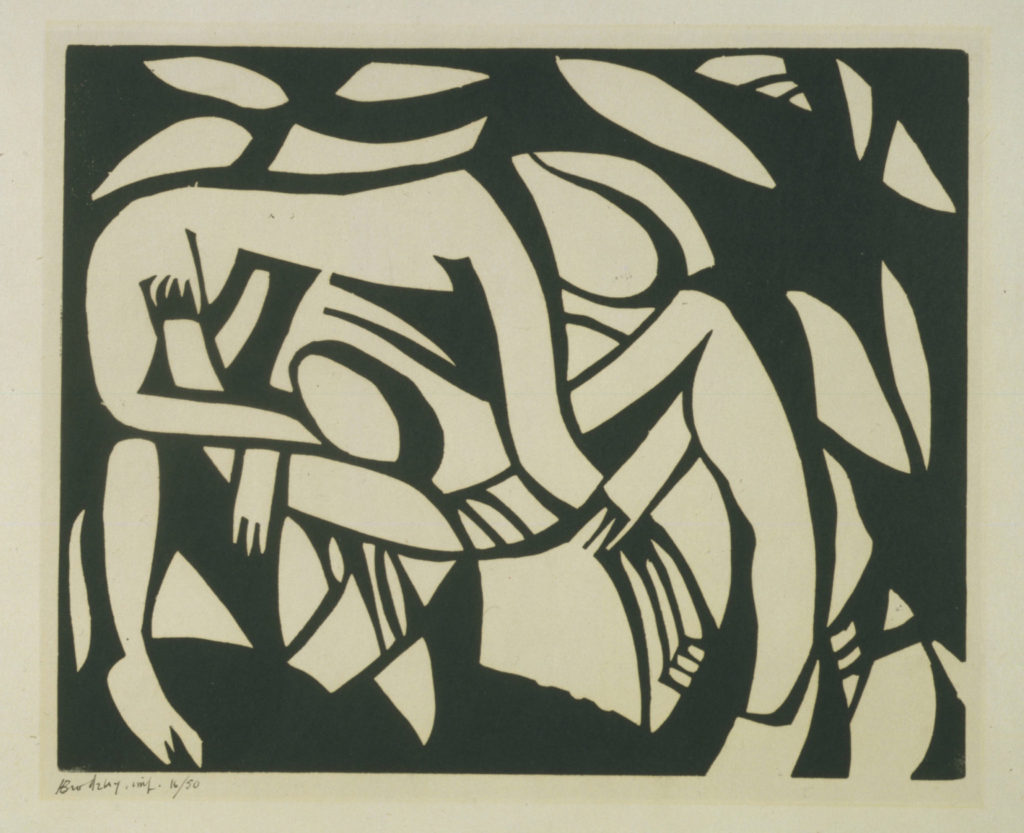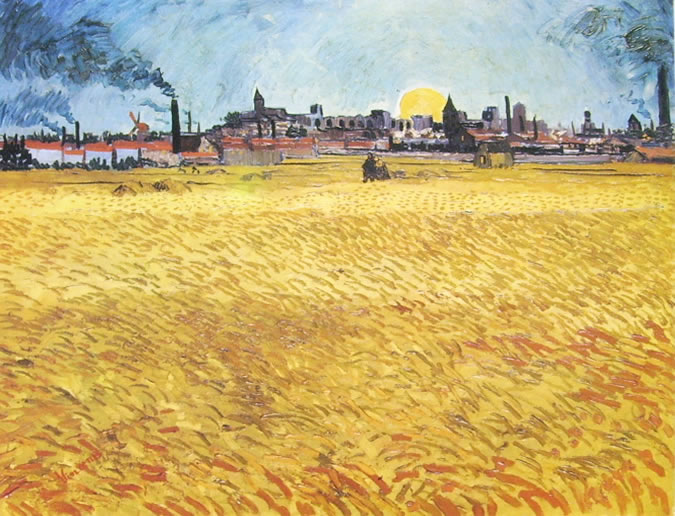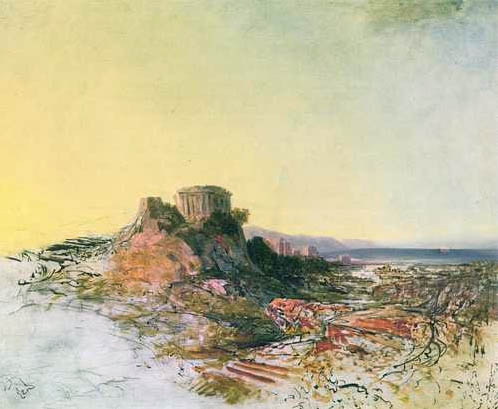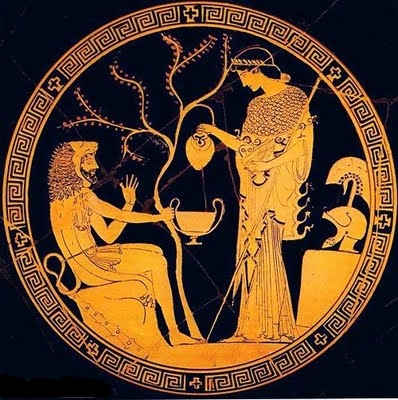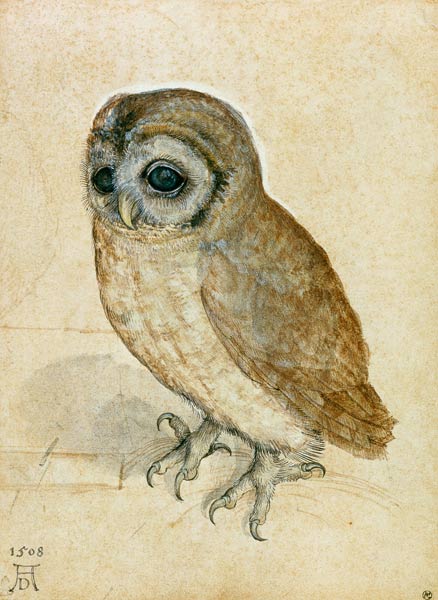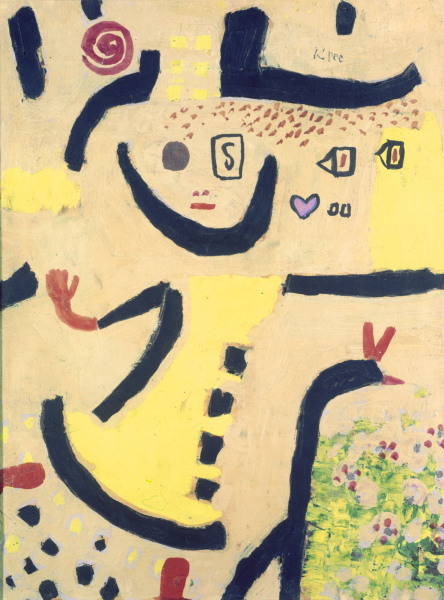
The focus of Ralf Lüfter‘s essay “The Future of Sustainability” does not lie on the analysis of the operative concept of sustainability and its prospects in computed future scenarios. Rather, it is a philosophical enquiry into the meaning of sustainability and its relation to the future, intended as that which comes towards us (namely, towards our being as a humanity) as a concern that awaits our response.
The enquiry involves an interrogation of the concept of time, for which the author refers to Martin Heidegger‘s lecture “Zeit und Sein” and his lecture series “Grundsätze des Denkens”, while a support for clarifying the nature of the claiming concern that comes as the future is found in Immanuel Kant‘s Untersuchung über die Deutlichkeit der Grundsätze der natürlichen Theologie und der Moral. Because, according to Kant, the claim that addresses us involves a form of accomplishment, the essay ends on a critical reflection on the possibility (or impossibility) of accomplishment in the regime of sustainability.
Left: Paul Klee, Ein Kinderspiel (1939)
Lüfter – The Future of Sustainability

